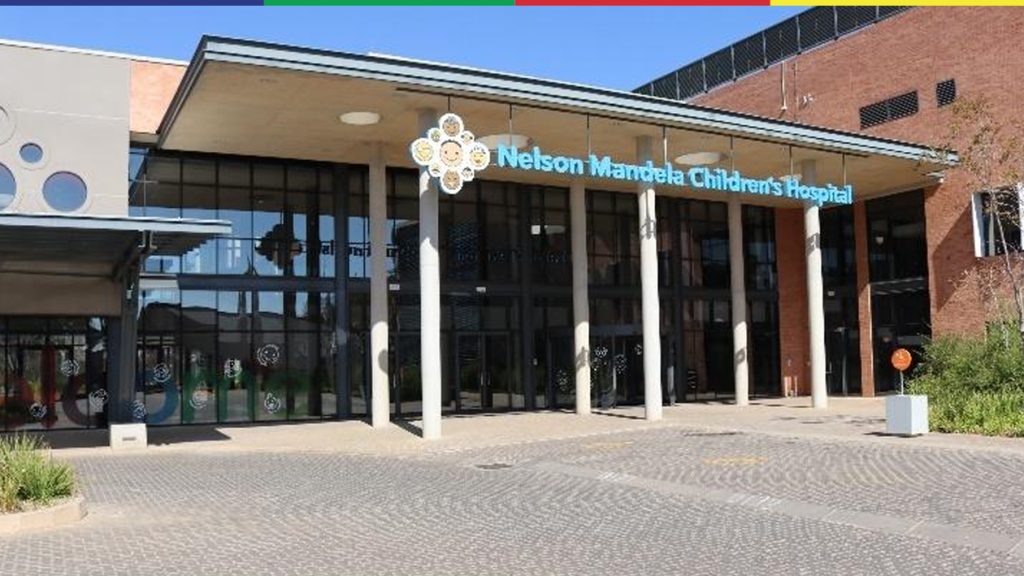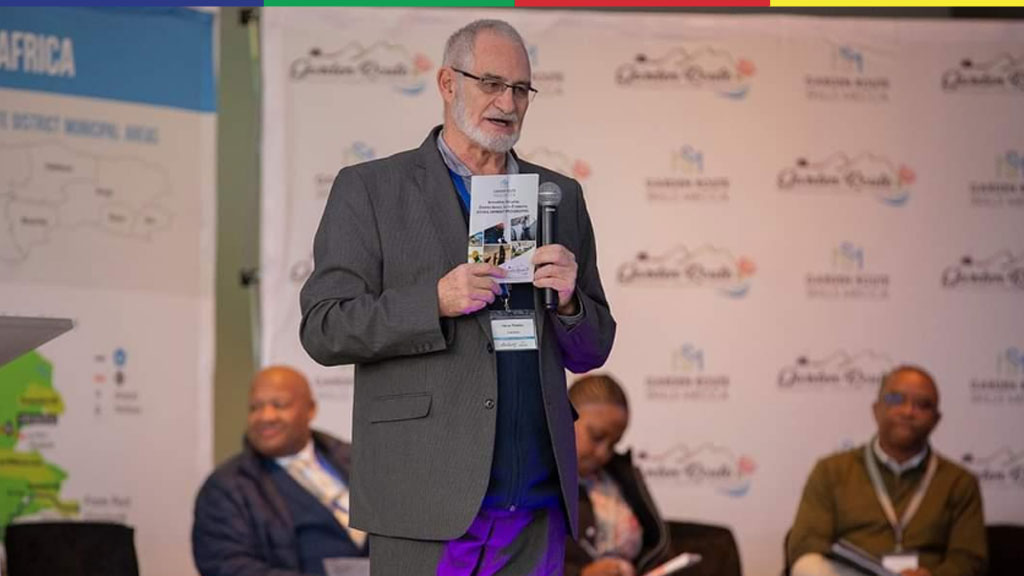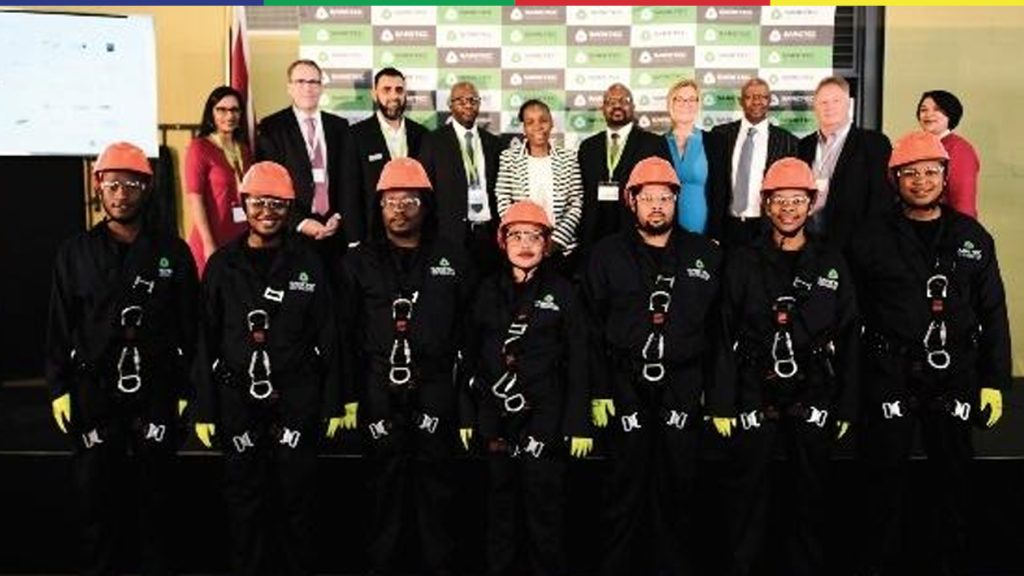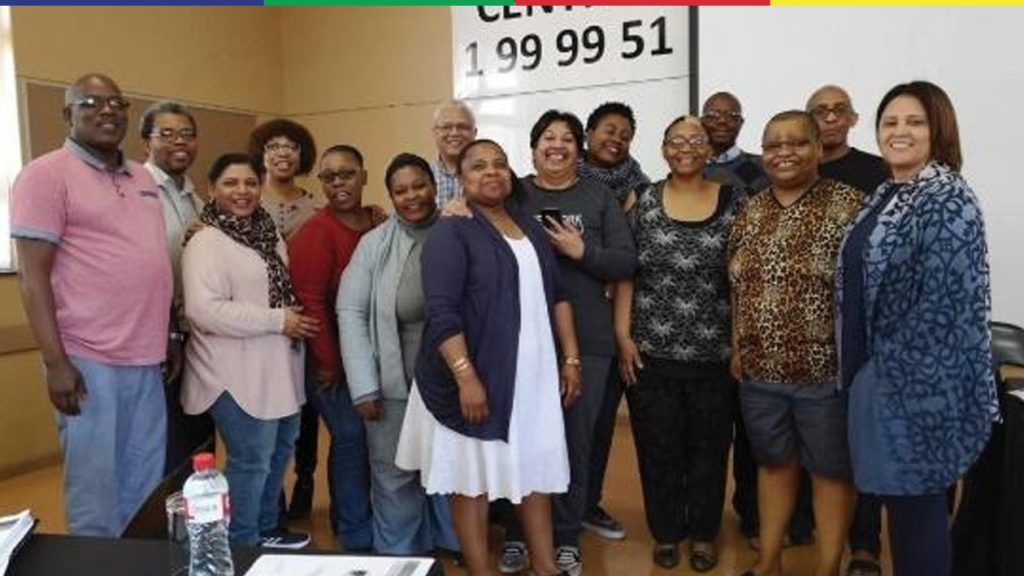Today, Dr Palesa Mabatho Monyake is a better doctor since completing the paediatric critical fellowship at the University of the Witwatersrand (Wits). She is thankful to the National Skills Fund (NSF) for funding her to become a paediatric intensivist, a specialist in paediatric critical care.
Dr Monyake is one of 20 doctors and 269 nurses who were awarded funding by the NSF through the Nelson Mandela Children’s Hospital Trust to pursue qualifications in specialist paediatric disciplines.
Before enrolling for the fellowship at Wits, Dr Monyake had a permanent post in the Pretoria health circuit, but was uncomfortable with the intensive care unit (ICU), although she had a passion for it.
“A lot of doctors are uncomfortable with ICU; they are scared of it. It’s a lot of hard work and a big sacrifice. There’s a lot that we [doctors and nurses] need to understand about the machines we use but often don’t get trained on. A lack of knowledge breeds insecurities about your work and you don’t want to be insecure, particularly when working with children. I felt ill-equipped to run an ICU. It’s for this reason I quit my job and got the funding from the NSF”.
“When I look back to who I was two years ago when I started the training, it’s incredible the amount of growth I can see in me. I’ve become a better clinician, a better doctor and I’ve grown emotionally, spiritually and mentally because I know what I’m doing”.
Dr Monyake now gets consulted by some of her old contacts, who include professors who trained her in Pretoria, when they have difficult cases.
“There’s a definite shortage of this skill in the country”, Dr Monyake said. “The more paediatric intensivists are trained, the more we [professionals in this space] can lobby and go to government, for example for more paediatric beds. Consider Chris Hani Baragwanath Hospital, where I trained during my fellowship, with over 3 000 beds but only has nominal number of paediatric ICU beds for the whole of Gauteng. Steve Biko Academic Hospital also has an insufficient number of paediatric ICU beds to meet the demand. Having more people with the right paediatrics skills, we can lobby and give better care to our children”.
Dr Monyake was on call when the Nelson Mandela Children’s Hospital admitted its first patient in June 2017. She has since been offered a permanent post at the hospital from February 2019.
The Chief Executive Officer of the hospital, Dr Mandisa Maholwana, said about the NSF’s R70,3 million grant funding: “Through this training and continued skills development, we are laying the foundation for our future academic ambitions because Madiba’s vision for this hospital went beyond bricks and mortar; he saw this hospital as a repository of knowledge and a leader in medical research”.
Boitshepho Majafa (25) was recruited by the Nelson Mandela Children’s Hospital when she was busy with her third year of her nursing degree at the Tshwane University of Technology in 2016.
She is one of the nursing bursary recipients who benefited from the NSF funding, which covered tuition fees and books for their third and final year on condition that they returned to the hospital when the recipients completed their community service.
“I am a caring person and so I fell in love with nursing as it gives me contact with people, assisting them with their needs and routine procedures. When I was doing my community service at Rustenburg Hospital from March 2018 to March 2019, I was placed at the paediatrics unit. Currently, I’m working in the Outpatient Department at the Nelson Mandela Children’s Hospital. My highlight at this hospital has been seeing underprivileged children referred from public hospitals getting the same treatment as affording children”.
Varsity was not sweet sailing because of the demand of lectures and working at the same time.
Majafa, from Rustenburg, took five years to complete her four-year nursing degree. She had enrolled for the nursing foundation phase because she did not have biology in her Matric subjects.
“Before receiving the bursary, my parents would struggle to pay my fees. I would only get my results for the previous year in January since I had to wait for my father to get his 13th cheque in January. When the funding came through, my fees were paid immediately in the middle of my third year, my books were sorted and my parents just needed to cover a bit of the accommodation expenses. This meant I could get my results in the same academic year. The funding certainly eased the frustration of waiting for results and reduced the financial strain on my family”.
The Nelson Mandela Children’s Hospital is the last wish of the late former president, Nelson Mandela, to improve child mortality rates in South Africa.
This article was published in the NSF 2018/19 Annual Report




